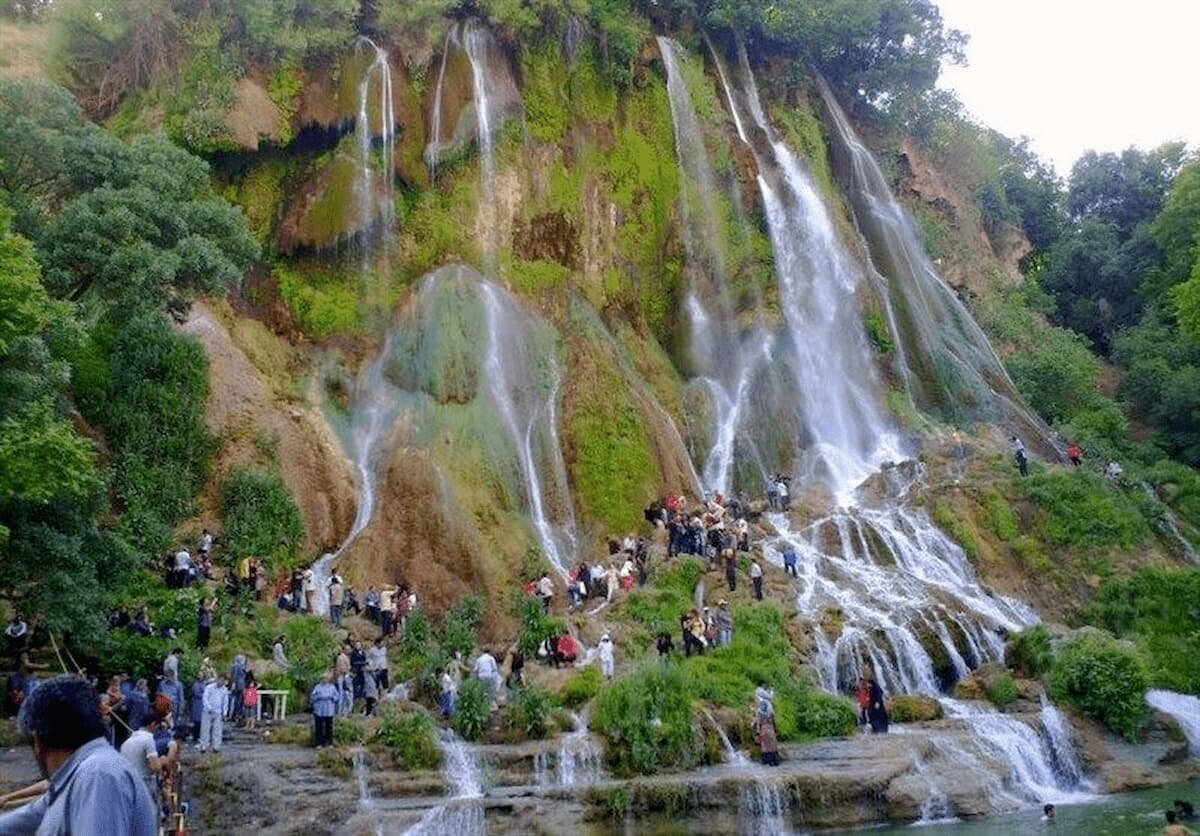Lorestan province to diversify its rural tourism

TEHRAN – Lorestan province is embracing a new approach to its tourism sector, seeking to diversify its offerings to nature lovers.
With a focus on enhancing the needed infrastructure and introducing new destinations, the western Iranian province is set to become a prime destination for rural tourism enthusiasts.
Recognizing the immense potential of its picturesque landscapes and cultural heritage, it aims to give holidaymakers a high opportunity to explore the stunning beauty of its villages, mountains, and historical sites.
This way, visitors can immerse themselves in the vibrant culture, traditions, and architecture while enjoying warm hospitality and local cuisine.
“Based on our new scheme, 30 villages in Lorestan province have the potential to be included in the list of target villages for [rural] tourism,” the provincial tourism chief said on Monday.
“In this regard, better access to smooth roads, gas, water, electricity, and telecommunications, ecotourism residences, traditional canteens, etc. are on the agenda for the target villages to provide suitable services to tourists,” Ata Hassanpur said.
The provincial tourism department believes that the scheme is expected to provide significant economic opportunities for the local communities. By attracting visitors to previously untapped areas, the province aims to create jobs and promote sustainable development, ultimately improving the living standards of its residents.
In addition, the World Tourism Organization (UNWTO) sees rural tourism as a type of activity in which the visitor’s experience is related to a wide range of products generally linked to nature-based activities, agriculture, rural lifestyle, culture, angling, and sightseeing. Such tourism also possesses characteristics such as low population density, a landscape dominated by agriculture and forestry, as well as traditional social structure and lifestyle.
Glimpses of rural tourism in Iran
Having numerous pristine rural landscapes, picturesque villages, and natural gifts, Iran has many to offer to nature lovers. In addition, rural tourism development has the potential to support local communities and economies and create new opportunities for employment and income generation.
Despite the enormous potential for rural tourism in Iran, significant challenges need to be addressed to fully exploit this potential. One of the biggest challenges is infrastructure - many rural areas lack the basic amenities and facilities that tourists expect, such as adequate transport, accommodation, and tourism facilities. This can make it difficult for visitors to access and explore Iran's rural areas and limit the potential impact of tourism on these communities.
In order to realize the full potential of rural tourism in Iran, it is necessary to address the challenges and seize the opportunities. This requires investment in infrastructure, promotional and marketing initiatives, and the development of partnerships and collaborations among local communities, tour operators, and government agencies. With the right support and investment, rural tourism in Iran has the potential to be a major engine of economic, social, and cultural development while providing unforgettable experiences for visitors from around the world.
AFM
Leave a Comment